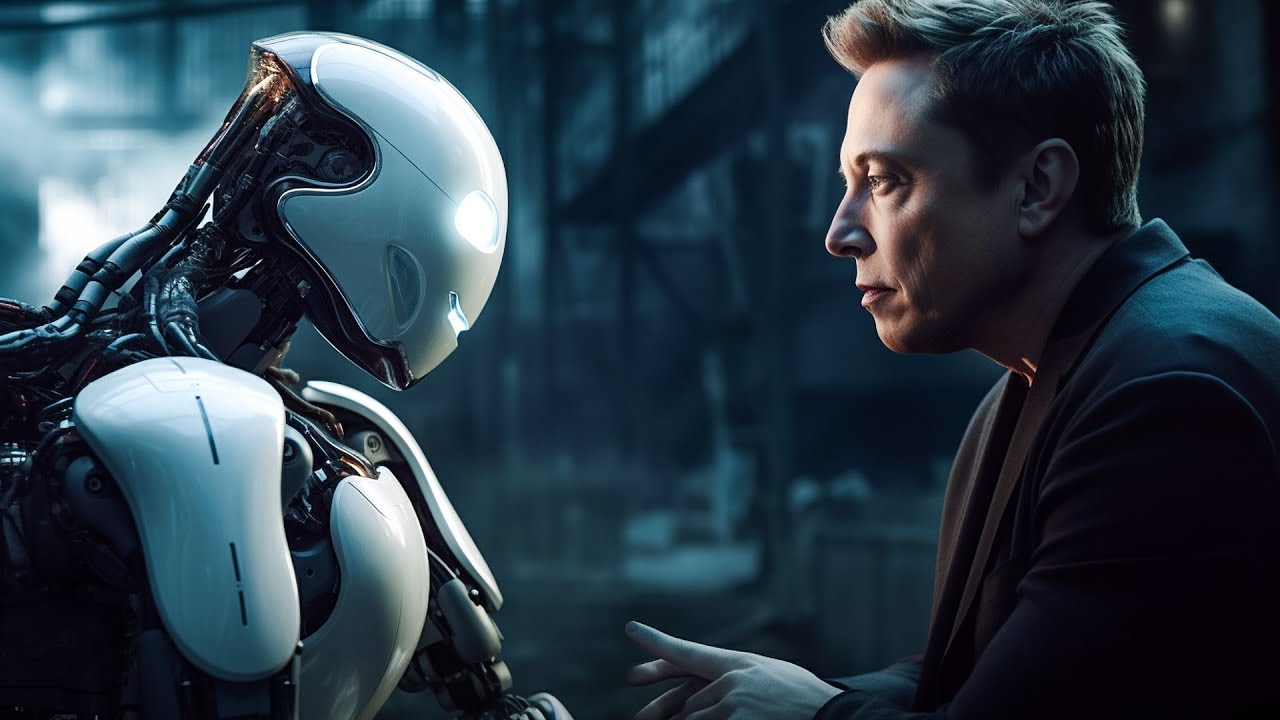Elon Musk recently made a bold assertion about the future of work, claiming that artificial intelligence (AI) will eventually take over all jobs. Speaking at VivaTech 2024 in Paris via webcam, Musk painted a picture of a world where employment as we know it could become obsolete.
“Probably none of us will have a job,” Musk stated during the tech conference on Thursday. He envisions a future where traditional jobs are optional, suggesting that AI and robots will handle the production of goods and services.
In Musk’s view, this transition to a job-optional society could lead to a paradigm where people work only if they want to, treating jobs more like hobbies than necessities. “If you want to do a job that’s kinda like a hobby, you can do a job,” Musk explained. “But otherwise, AI and the robots will provide any goods and services that you want.”
For this scenario to be sustainable, Musk emphasized the need for “universal high income,” a concept he differentiated from universal basic income (UBI). While he did not elaborate on the specifics, the idea suggests a system where everyone has access to a substantial income, irrespective of employment status. UBI typically involves the government providing a set amount of money to all citizens, regardless of their earnings.
“There would be no shortage of goods or services,” Musk assured. His statement underscores the potential for AI to not only replace human labor but also to maintain and possibly even increase the availability of products and services.
The rapid advancements in AI technology over recent years have left regulators, companies, and consumers scrambling to adapt and ensure responsible use. Concerns are growing about the impact of AI on various industries and the future of employment.
In January, a study by MIT’s Computer Science and Artificial Intelligence Lab revealed that the adoption of AI in workplaces has been slower than some had anticipated. The research indicated that many jobs considered vulnerable to AI automation were not yet economically advantageous for employers to automate. This suggests that while AI has the potential to take over jobs, its implementation is more complex and gradual than initially thought.
Experts generally agree that roles requiring high emotional intelligence and human interaction, such as those in mental health, creative fields, and education, are less likely to be replaced by AI. These jobs, which involve complex human emotions and interpersonal skills, remain largely irreplaceable by machines.
Despite his optimism about AI’s capabilities, Musk has often voiced his concerns about the technology. During his keynote address, he labeled AI as his “biggest fear.” He referenced Ian Banks’ “Culture Book Series,” which depicts a utopian society governed by advanced AI, as one of the most realistic visions of a future dominated by intelligent machines.
However, Musk also raised an important philosophical question about the potential emotional and existential impacts of a job-free world. “The question will really be one of meaning—if the computer and robots can do everything better than you, does your life have meaning?” he pondered. Musk suggested that humans might still play a crucial role in giving AI a sense of purpose, implying that our interaction with and oversight of AI could provide a new form of meaning in our lives.
Additionally, Musk took the opportunity to address the influence of AI on social media, particularly concerning children. He urged parents to limit their children’s exposure to social media, warning that “they’re being programmed by a dopamine-maximizing AI.” This remark highlights his broader concerns about the unintended consequences of AI, especially in areas that affect mental health and well-being. As AI continues to develop and integrate into various aspects of life, Musk’s insights and warnings serve as a reminder of the profound changes and challenges society may face. The conversation about the future of work, the role of AI, and the quest for meaning in a potentially job-optional world is just beginning.







